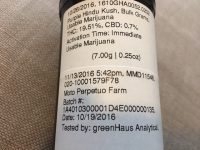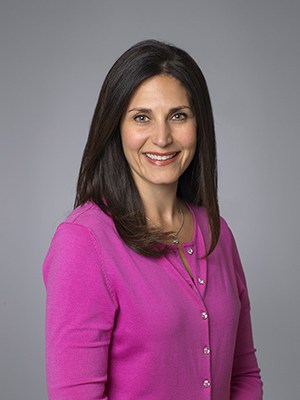VANCOUVER, British Columbia, Feb. 2, 2021 – PRESS RELEASE – Eteros Technologies, owner of Mobius Trimmer, a top brand of high-end cannabis and hemp processing equipment, has acquired California-based Triminator, a pioneer in harvesting equipment for professional growers of cannabis and hemp. The acquisition provides the Canadian-based Eteros Technologies with a broader product range and increased access to the U.S. market. Financial details were not disclosed.
The Mobius and Triminator product lines combine to form the world’s largest manufacturer of cannabis and hemp harvesting and processing equipment. Eteros Technologies, parent company of the Mobius line, plans to retain Triminator employees and leadership, and the company said both brands will continue to operate independently. Working in synergy, each will marshal greater engineering, sales, training and support resources to offer customers a comprehensive suite of processing solutions. This acquisition also means that the full Canadian designed-and-built Mobius line and full U.S.-built Triminator product line will be stocked and available across North America.
“Just like Mobius, Triminator has built an amazing business from the ground up,” said Aaron McKellar, CEO of Mobius Trimmer. “Using innovation and ingenuity, Triminator’s team created machines that helped define the post-harvest process in modern cannabis and hemp agriculture. We look forward to building upon each other’s strengths to help even more farmers increase the efficiency of their harvest.”
The two product lines complement each other precisely because of their differences. Each is focused on providing full support to a specialized market. Triminator is committed to the cannabis and hemp farmer by building a community of hands-on brand ambassadors who have their own farms and can mentor other end-users on the craft of processing. The Mobius line has been focused on equipping and supporting growers who are operating in a large-scale, highly regulated environment, where SOPs and often GMP requirements drive processing operations and investing heavily in developing the training resources and technical documentation necessary to serve these end-users.
“This acquisition could not be a better fit from our perspective,” said Dana Mosman, CEO of Triminator. “We equip some of the most advanced farms across the globe and maintain our commitment to supporting farmers. Now our options to help these cultivators just increased exponentially. We look forward to continuing to meet the needs of the farming community, to help growers increase productivity and profitability in the rapidly evolving cannabis market.”
Each brand serves different customer segments. Mobius is one of the most technologically advanced harvesting options available, holding a number of patents in trimming technology and the largest market share in Canada among large-scale cultivators. Triminator has focused on the agricultural sector and small-to-midsize cultivators. The acquisition will give Mobius access to these businesses while providing Triminator access to Mobius’ customer service and technology.
For more information on the product lines, visit www.mobiustrimmer.com and www.thetriminator.com.





